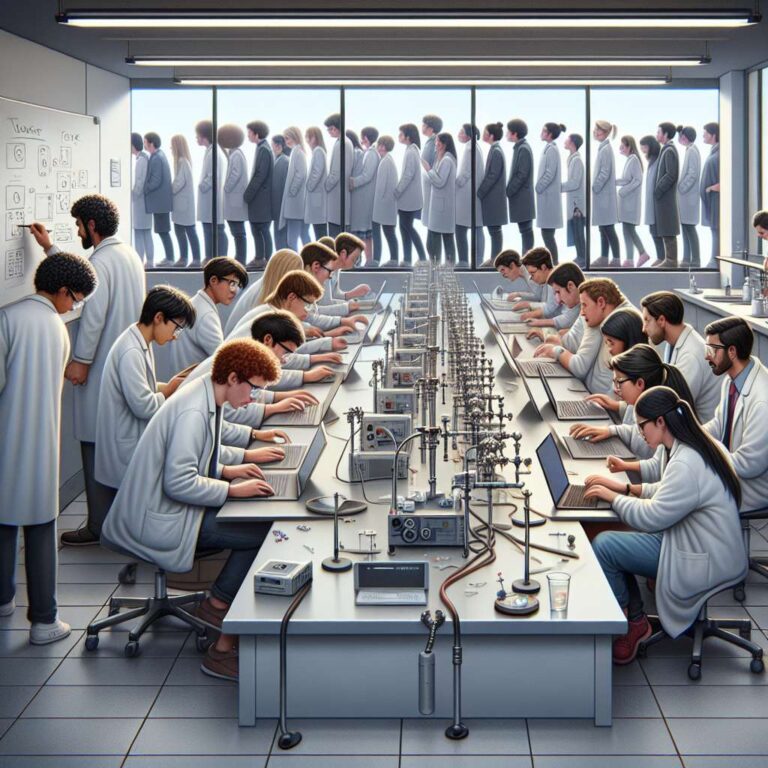UT Tyler computer science professor Dr. Shadnik Dakshit tells students that Artificial Intelligence is not a passing trend but a lasting change to classrooms and workplaces. He urges learners to understand how tools operate and to gain skills in building and maintaining systems. In his classes students use A.I. software similar to ChatGPT and are pushed to solve real-world problems rather than produce resume fillers.
Dr. Dakshit argues the near-term change will be cultural as much as technical. He notes a surge of industry demand for people who can develop conversational systems and integrate large language models. The article cites a market analysis that forecasts strong growth and lists a compound annual growth rate of 36.6 percent, although some headline numbers were incomplete in the source. The practical outcome, according to Dr. Dakshit, is that entry-level roles will increasingly involve working alongside Artificial Intelligence tools rather than being fully replaced by them; success will depend on aligning technical skills with these new workflows.
Recent graduate Matthew Castillo illustrates the competition new applicants face. Castillo says more than 2,000 people applied for one role and 38 were hired. He secured a job as a data analyst before graduation and then co-founded a startup building an Artificial Intelligence-powered fire detector. Early tests with the local fire department showed the prototype detected fires more than two minutes faster than a traditional detector, a performance edge Castillo highlights as the kind of applied work employers value.
The story presents two perspectives on displacement. Dakshit emphasizes adaptation and skill alignment, saying ´AI is not going to take away jobs; it is more about aligning our skills to work with AI.´ Castillo, who expects white collar roles to shift, points to automation´s efficiency and availability as reasons some tasks will move from humans to machines. The piece also touches on a challenging job market for graduates and a shifting salary landscape, though some numeric salary details in the report were incomplete. Overall, the coverage frames Artificial Intelligence as a catalyst for new opportunities and tougher competition, with local educators and entrepreneurs responding by retooling curriculum and projects toward practical, deployable solutions.

